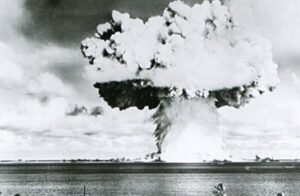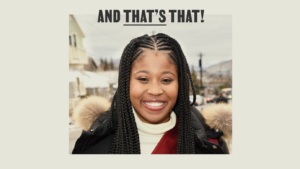The New York Attorney General, the Legal Aid Society, and the New York Civil Liberties Union announced what they called a “landmark agreement” with the New York Police Department that “significantly reforms” the department’s policing of protests to protect “the public and members of the press from excessive use of force,” according to a news release.
The joint agreement will allow the NYPD to “enforce the law while protecting lawful free expression,” New York Mayor Eric Adams and the police said in a press release, but one of the city’s police unions will not join the settlement.
The agreement, which resolves litigation filed by the groups “over NYPD’s wrongful arrests and excessive use of force against protesters” during demonstrations over the summer of 2020 in the wake of George Floyd’s death, requires the NYPD to “change how it deploys officers to public demonstrations,” to better allow the public to exercise their first amendment rights.
It comes two months after New York agreed to pay more than $13 million to settle a class action lawsuit that accused the NYPD of using unlawful tactics against protesters following Floyd’s death at the hand of officers in Minneapolis, according to a proposed settlement filed in federal court in July.
The agreement reached Tuesday, stemming from lawsuits filed against the city during Black Lives Matter protests in 2020, “is the result of a collaborative process that seeks to build consensus, balance safety with justice, and protect protesters, bystanders, and law enforcement personnel,” Adams said in a statement.
Rank-and-file officers reject settlement
But the Police Benevolent Association, the union for rank-and-file officers, said it is not party to this settlement due to safety concerns, according to a statement from PBA President Patrick Hendry, who noted “serious concerns about its impact on the safety of police officers and all New Yorkers in future situations involving coordinated violent actions.”
Under the terms of the settlement, a new role within the NYPD will be created to oversee all protest-related activities and develop a tiered response to them.
The new senior-level role, called the First Amendment activity senior executive, “will be responsible for overseeing and developing all policies, procedures, and police officer trainings consistent with this agreement,” according to a press release from all three parties.
The senior official, who will have the rank of at least deputy chief, will also be required to lead post-protest reports that document how the NYPD responded to a public demonstration, the joint press release said.
The four-tiered response established as part of the agreement will allow for police to have different presence levels at demonstrations depending upon the “size, scale, and conditions at a protest,” according to the press release.
In the lowest tier, the NYPD can deploy “qualified protest liaisons from NYPD’s Community Affairs Bureau” to communicate with protesters and help facilitate peaceful protests; at the highest tier, the NYPD can move to disperse protests if approved by the First Amendment activity executive.
Police are allowed to move to the highest tier if protestors are trying to gain unauthorized entry, physically blocking others’ entry into a sensitive location, or if “individuals are engaged in widespread criminal conduct that cannot be addressed by targeted arrests,” the joint press release says.
Recording police activity is an ‘established right’ under First Amendment
The settlement also lays out new guidelines for the NYPD’s use of force and treatment of journalists. The agreement calls for the NYPD to “improve its treatment of members of the press,” including providing access to protests for news coverage and educating officers on the “established right under the First Amendment to record police activity in public.”
An oversight committee that includes officials with the attorney general’s office, the NYC Department of Investigation commissioner and representatives from the Legal Aid society will be in charge of the NYPD’s implementation of the new reforms over multiple years.
In outlining the concerns of police officers, Hendry, the union president, cited injuries inflicted by protesters.
“Nearly 400 NYPD members were injured during the summer 2020 protests, but there has been zero accountability for the agitators who used the protests as cover to assault police officers,” Hendry said in his statement. “This settlement does not change that. If anything, it may serve to encourage future violence.”
Protests during 2020 “presented many unique challenges for officers, who did their best to protect people’s rights to peaceful expression while addressing acts of lawlessness,” NYPD Commissioner Edward Caban said in a statement. “Now, the NYPD has re-envisioned its policies for policing protests to deal with these unique scenarios.”
At the time of the $13 million settlement in July, the NYPD referred CNN to the city’s law department for comment. Stefan Mooklal, the department’s deputy chief of staff, said that settlement was in the “best interests of all parties.”
CNN’s Kristina Sgueglia contributed to this report.




